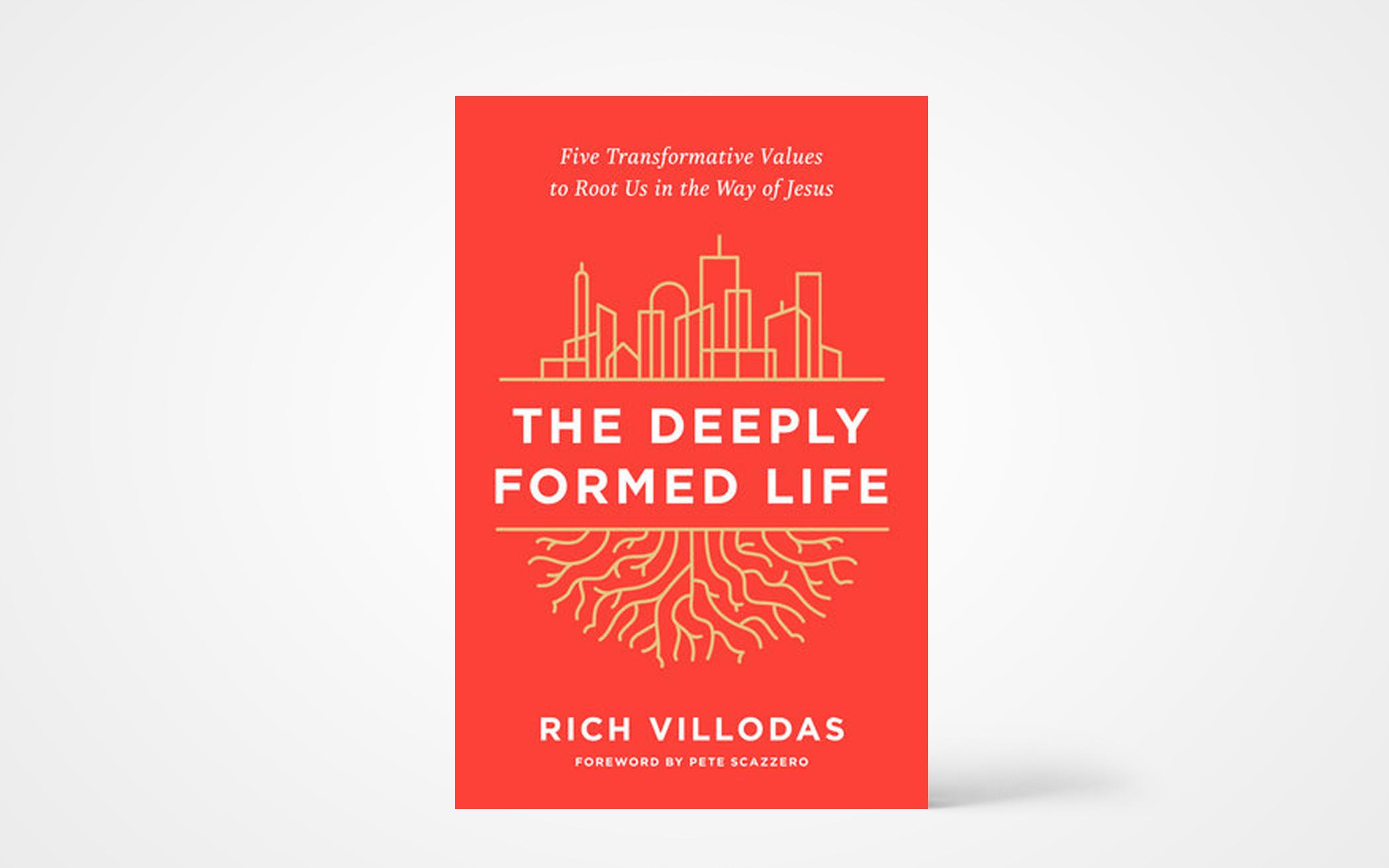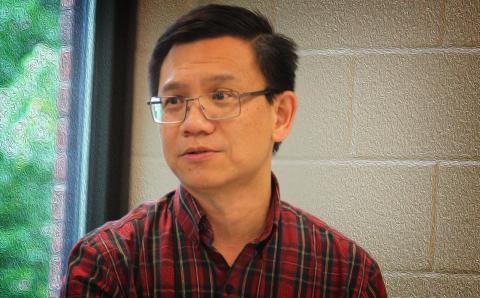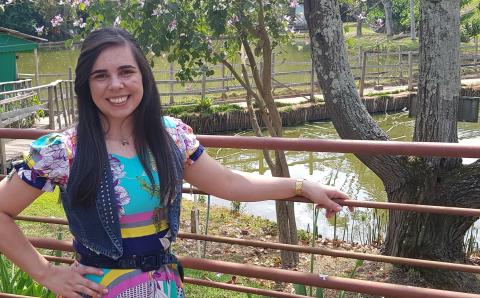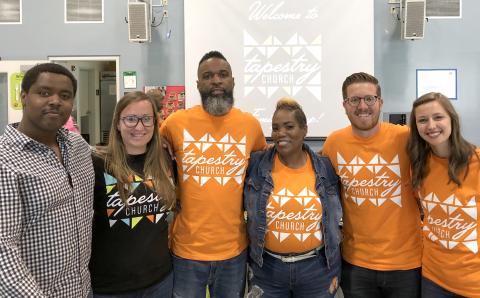We are constantly being formed. Experiences, relationships, places, traditions, education, habits, and communities all play a contributing role in who we are, what we value, and how we live our lives. Still, we often find ourselves questioning our purpose, connecting only on superficial levels, compartmentalizing our beliefs apart from our actions or emotions, or simply too distracted and hurried to find meaning in it all.
How can we disrupt the noise, slow down the frantic pace, and experience true union with God? In A Deeply Formed Life: Five Transformative Values to Root Us in the Way of Jesus, Rich Villodas invites us to journey with him in exploring time-tested values and practices for pursuing wholeness in mind, body, and soul.
Of the five values explored, Villodas begins with introducing contemplative rhythms in contrast to the cultural norms of hurry and busyness. He walks through practices of silent prayer, slow Scripture reading, Sabbath keeping, and—what I found most intriguing—monasticism. Following the example of early Christian monastics, he argues, serves as a reminder that deep formation is “to regularly come back to a rhythm marked by communion, reflection, and a life-giving pace that enables us to offer our presence to the present moment.”
A significant part of offering our presence involves the relationships we have with other people. Villodas moves into discussing racial reconciliation, acknowledging the urgency of current polarization and necessity of a church characterized by healing. He walks through the difference between individual racial prejudice and institutional racism, addresses the misplaced assumption that racial reconciliation is possible without justice, and outlines specific practices for racial healing, including incarnational listening, lament, renouncing whiteness (the lens through which one sees validity, safety, and normalcy—not to be confused with white people), and racial self-examination. This ties in with his later discussion of the value of Missional Presence, which digs into what it means to practice justice and hospitality in tangible ways.
Moving even deeper into self-reflection, Villodas then transitions to the value of interior examination, turning the focus inward to call the reader to investigate their emotional health. Using the Psalms as a blueprint, he invites a “way of life that considers the realities of our inner worlds for the sake of our own flourishing and the call to love well.” His discussion on examining families of origin and the roles of trauma and generational patterns and scripts is especially valuable.
From internal to embodied, Villodas’ conversation around sexual wholeness then explores a reclaimed vision of sexuality that does not relegate sexuality to mere genital expression but invites a wholeness of body, mind, and soul displayed through relational and social expressions of sexuality.
As a whole, Villodas offers a resource that is refreshing, compelling, simple, invitational, and kind, and gives us accessible steps to enter into deep and meaningful formation and guide us closer to the heart of God. (Waterbrook)
About the Author
Kristyn DeNooyer is a communications specialist at Thrive, the congregational support agency of the CRCNA. She lives in Grand Rapids, Mich., with her husband and daughter.








